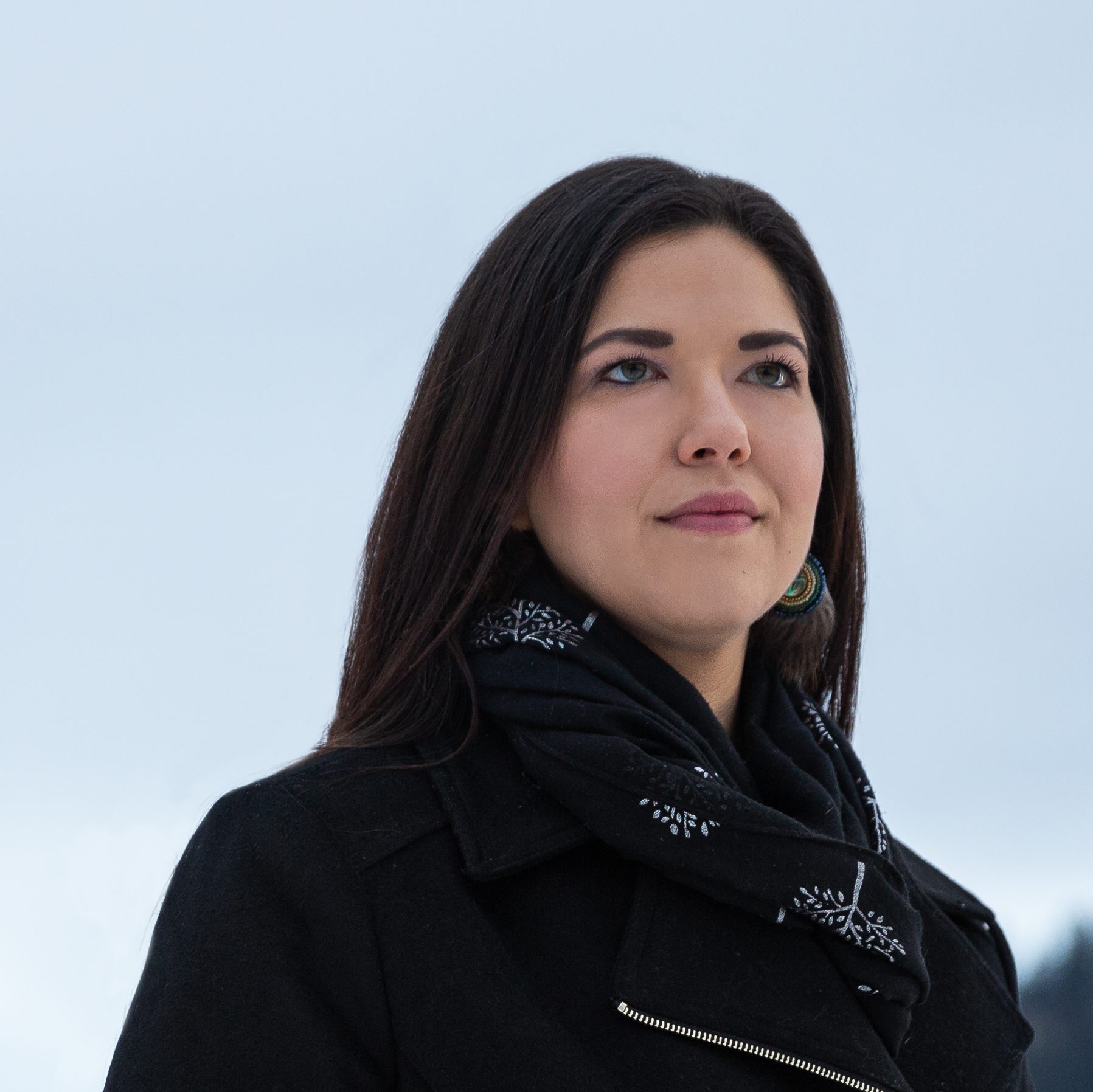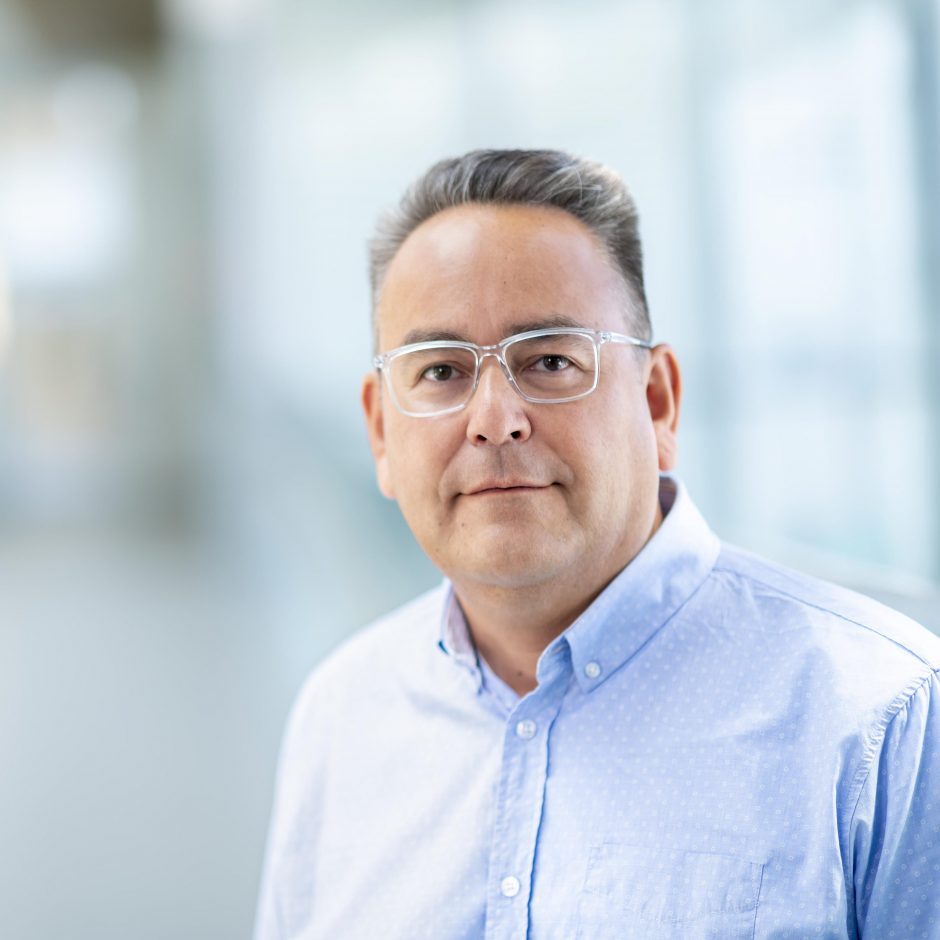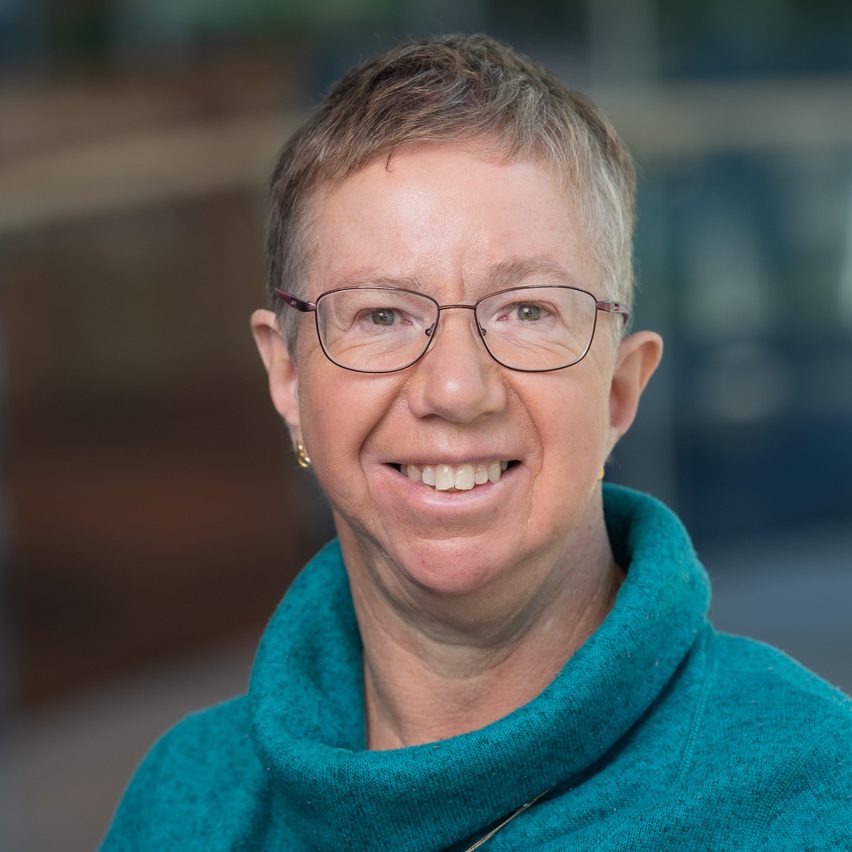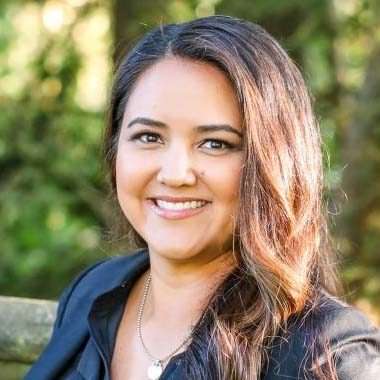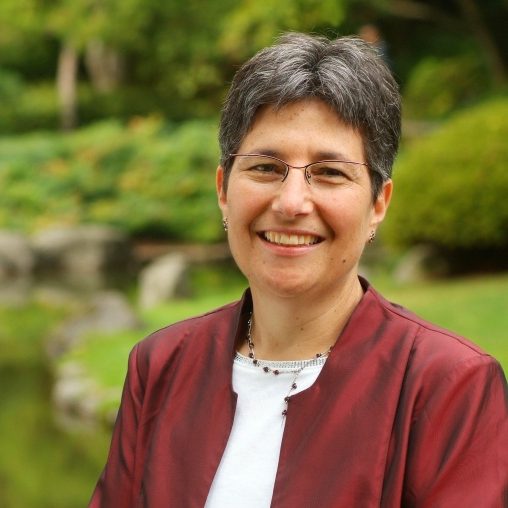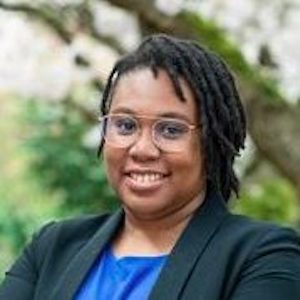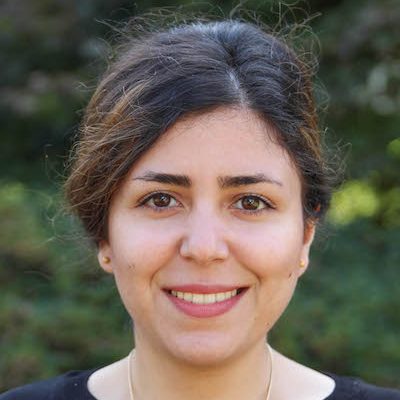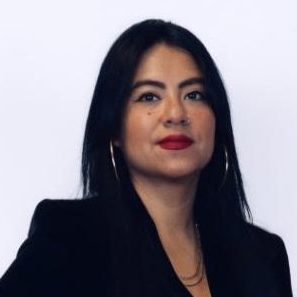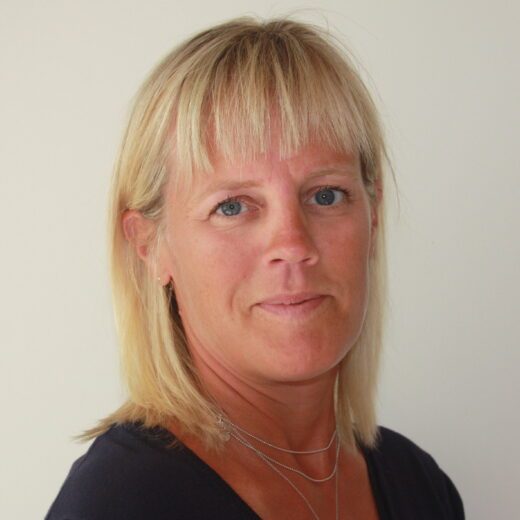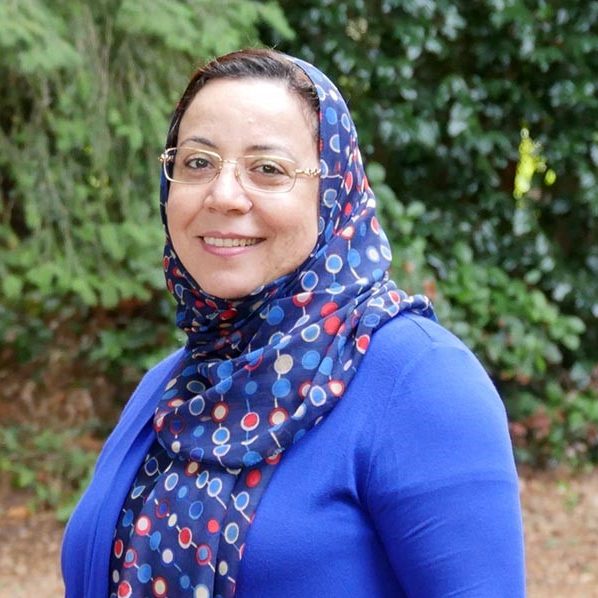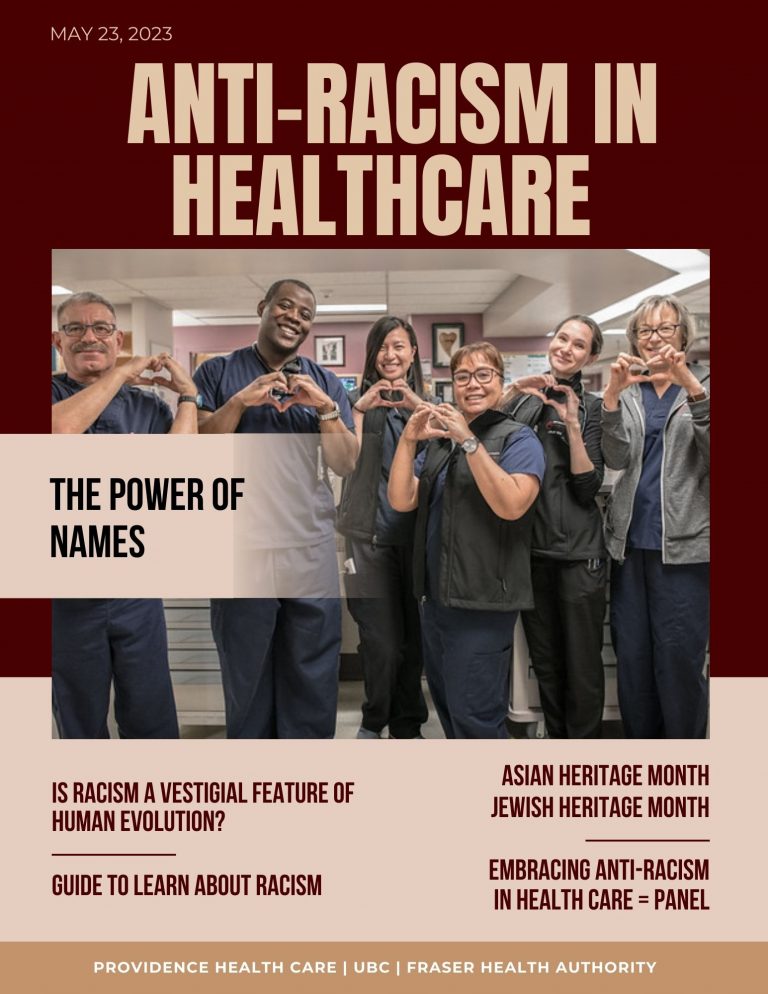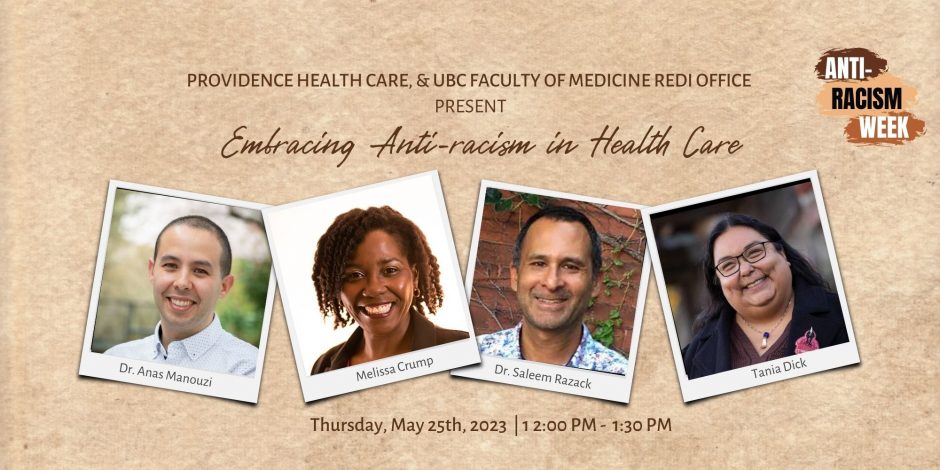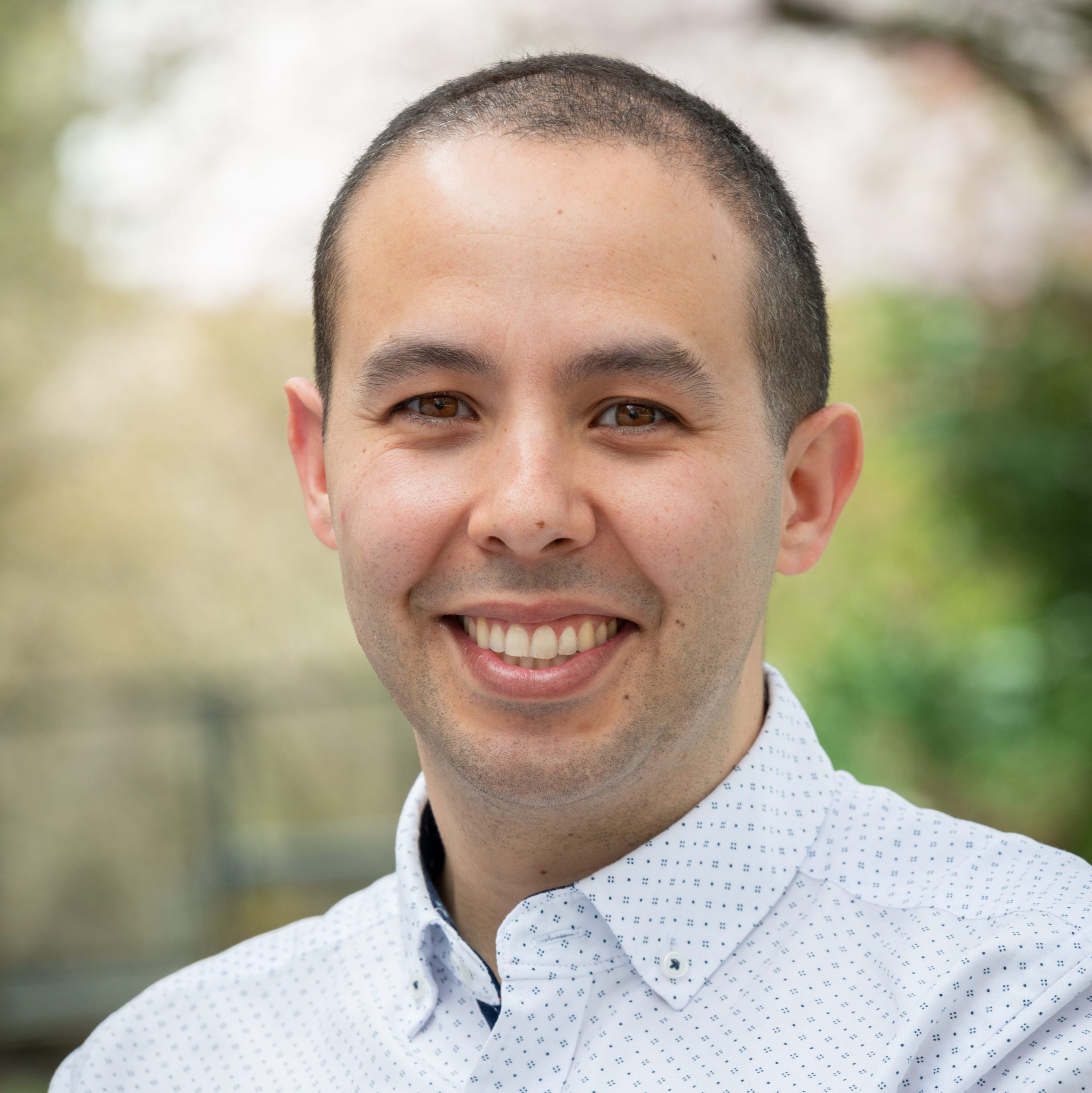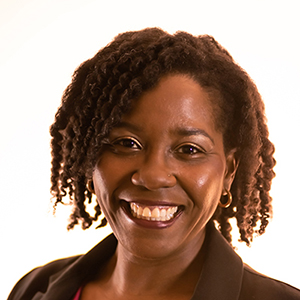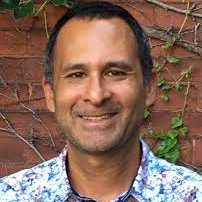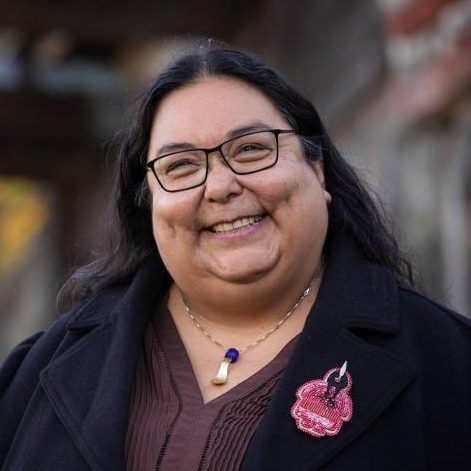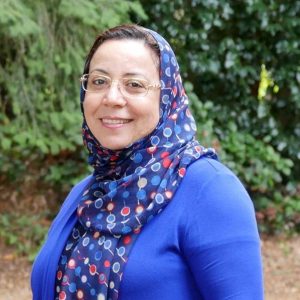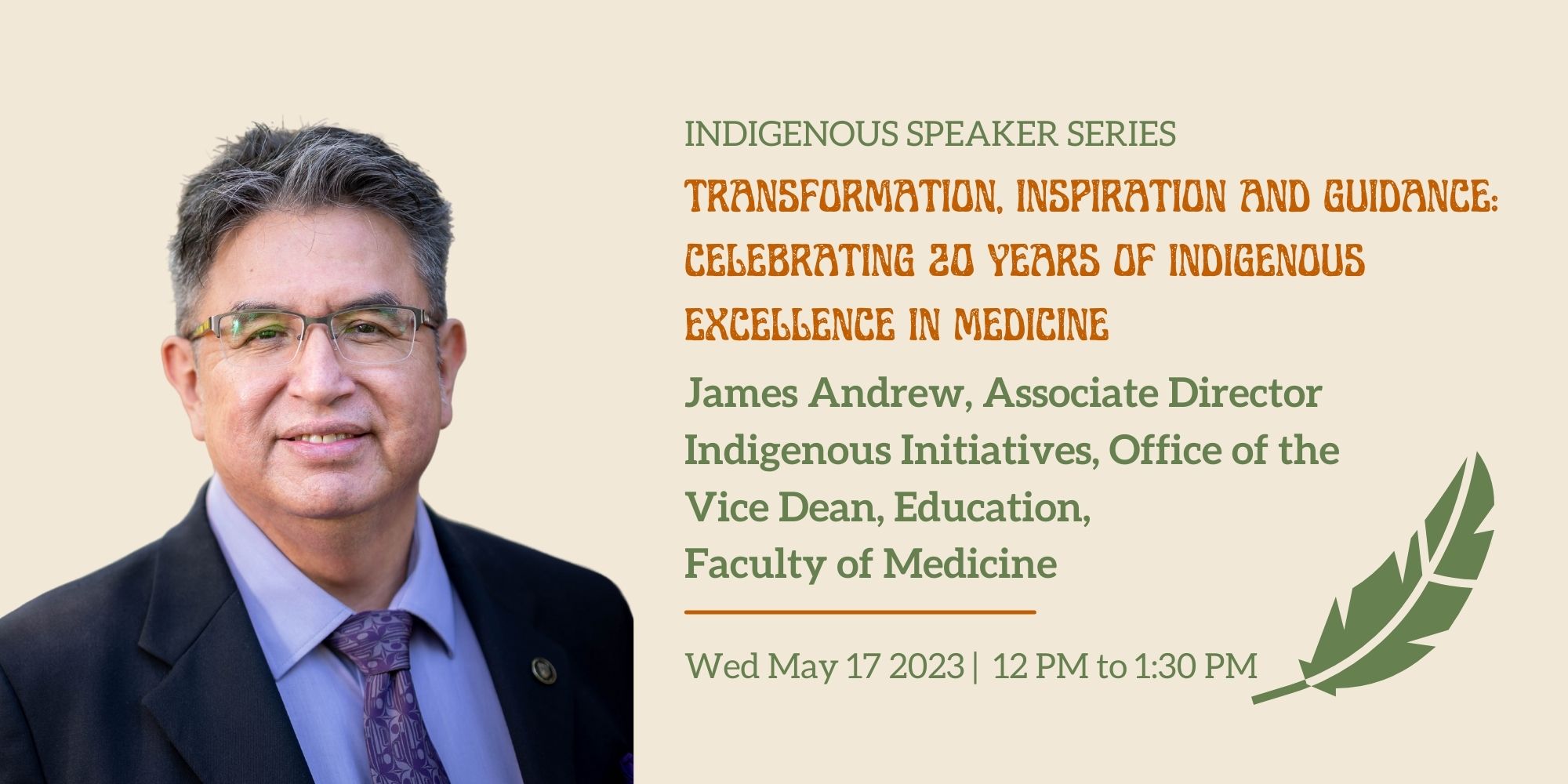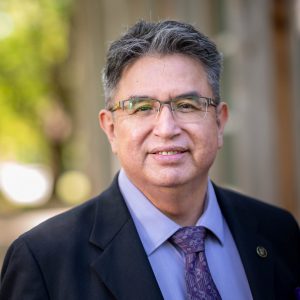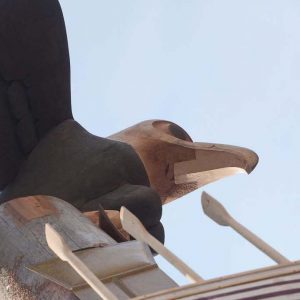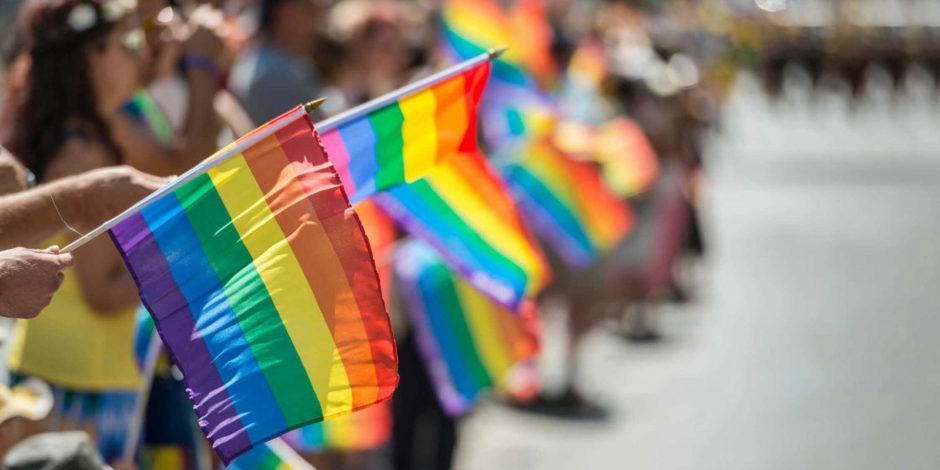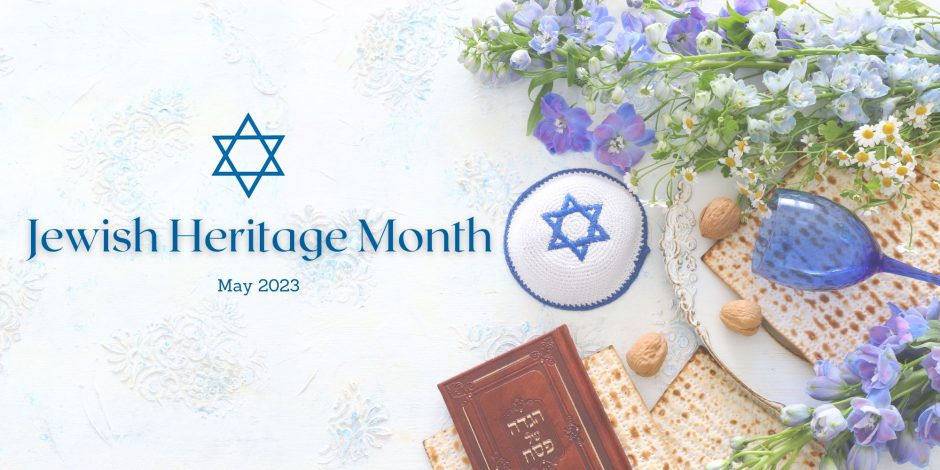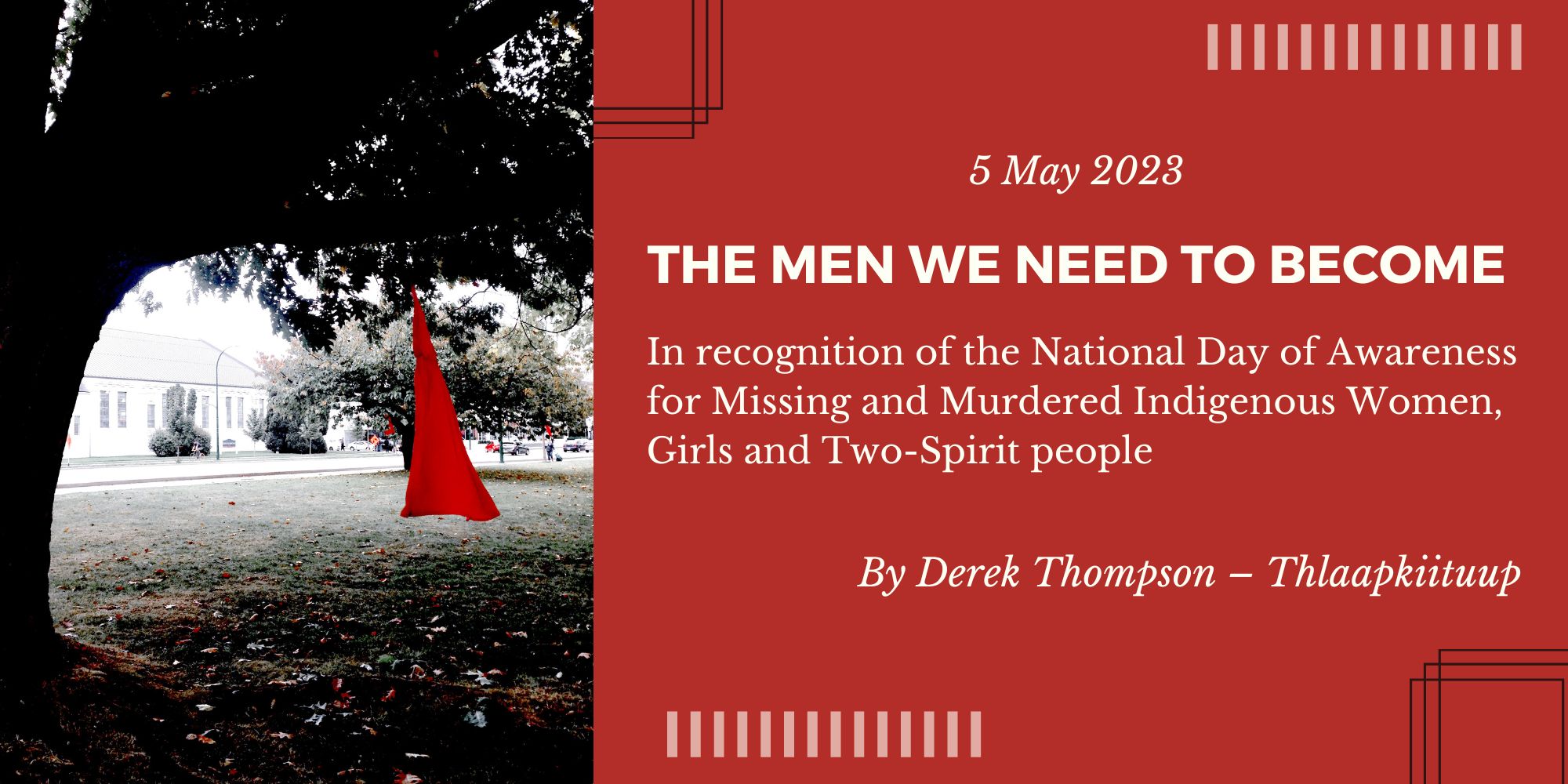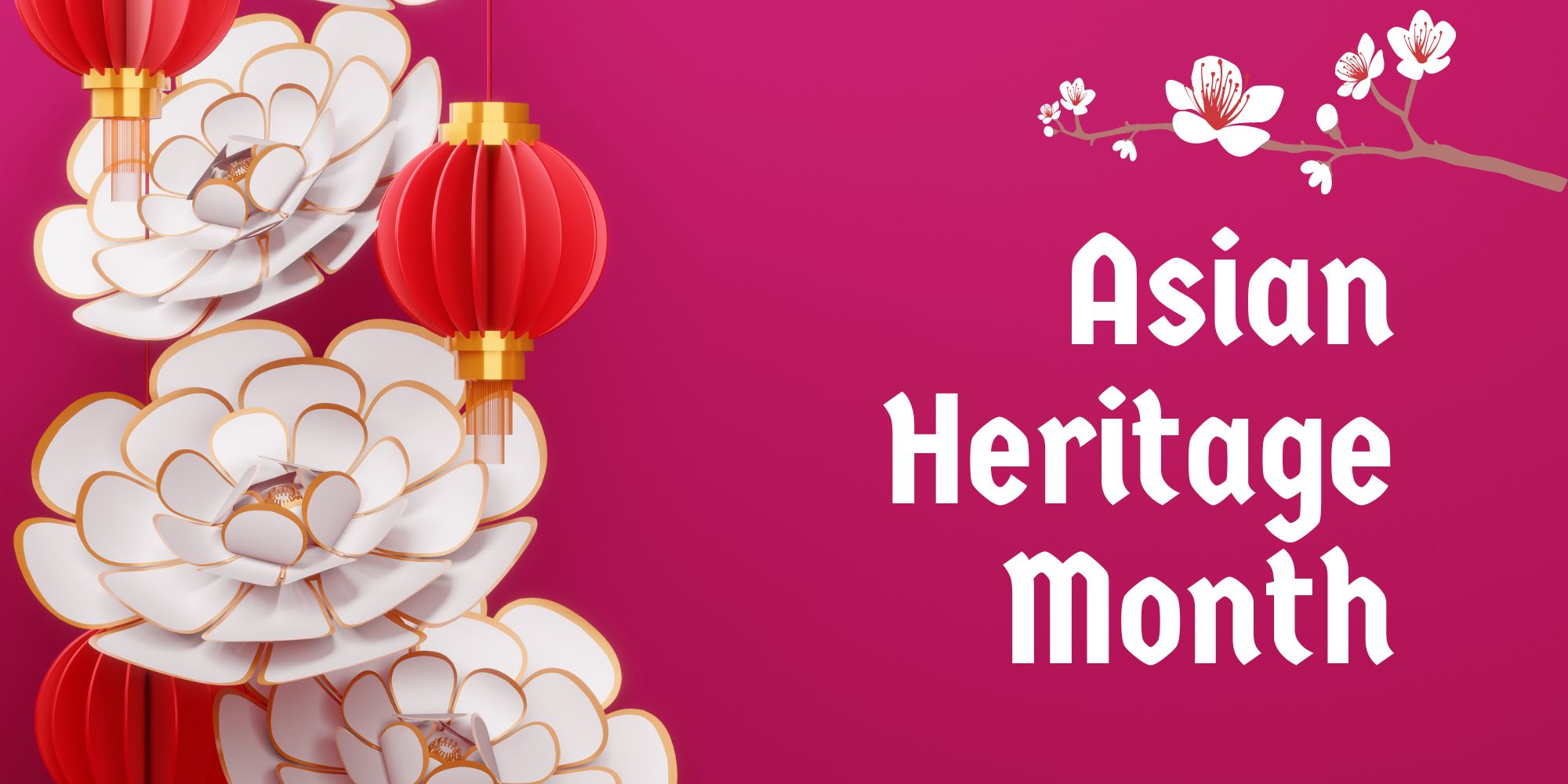National AccessAbility Week, scheduled from May 28 to June 3, 2023, is a time to celebrate and promote inclusivity, accessibility, and the contributions of individuals with disabilities. It provides an opportunity to raise awareness, foster understanding, and advocate for the rights and well-being of people with disabilities. In commemoration of National AccessAbility Week, read this post to learn about how to enhance designs for people with visual impairments.
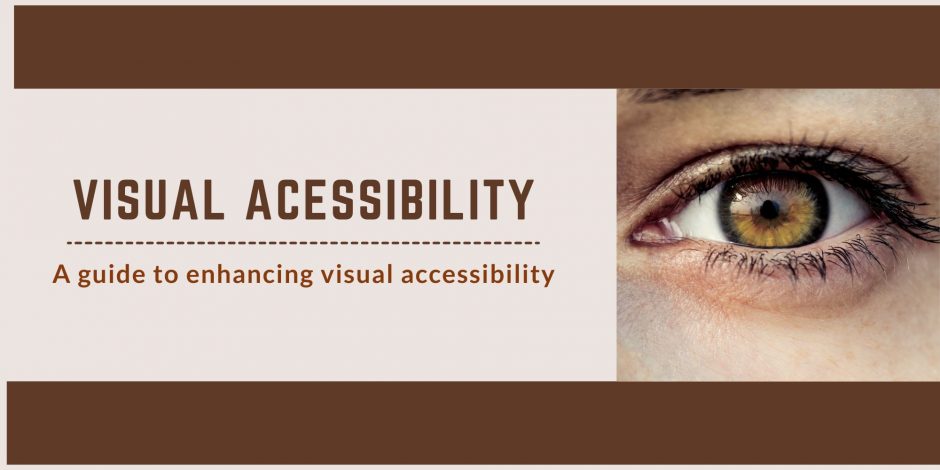
In today’s digital age it is essential to prioritize visual accessibility to ensure inclusivity for all individuals. Visual accessibility involves addressing the needs of individuals with visual impairments, color blindness, low vision, or other visual disabilities. Visual accessibility encompasses the design and implementation of strategies that allow people with visual impairments to perceive and interact with visual information effectively. In this post, we will explore some key considerations to make digital content more accessible as well as tools to test visual accessibility of your designs.
Key Considerations for Visual Accessibility:
Alt Text
Alternative text (alt text) describes images using concise and descriptive text, allowing screen readers to convey the visual content to individuals who cannot see the images. Providing accurate alt text helps visually impaired users understand the context and meaning of the visual elements. It is important not to provide alt text for decorative images or images that do not contribute to understanding the rest of the content as that can be distracting.
Color Contrast
Maintaining appropriate color contrast is vital for individuals with low vision or color blindness. Designers should ensure that text, icons, and other important visual elements have sufficient contrast against their background.
This color contrast tool can be used to test the contrast of your designs. You can upload a design then select the foreground and background color. It shows if there is sufficient contrast between both colours.
Font size
When considering visual accessibility, it is crucial to pay attention to font sizes. While it may seem beneficial to use significantly larger text for better readability, it is important to strike a balance and avoid excessive variations in text sizes. This is particularly important for users who rely on screen magnifiers to enlarge content. When magnifying very small text, extremely large text can become overwhelming and may not fit within the user’s viewport.
Clear and Consistent Layouts
Consistency in design, layout, and navigation is essential for individuals with visual impairments. Clear headings, logical structure, and intuitive navigation elements allow users to navigate through digital content efficiently, improving their overall experience.
Accessibility Testing
Regular accessibility testing is crucial to identify potential issues and ensure compliance with accessibility guidelines and standards, such as the Web Content Accessibility Guidelines (WCAG).
We recommend using this Wave Web accessibility testing tool to test the accessibility of your webpage. You can simply paste your webpage URL and it provides you with a detailed assessment of the extent of the accessibility of your design.
Conclusion
Visual accessibility plays a vital role in creating an inclusive digital environment. By adopting the principles and practices of visual accessibility, we can ensure that individuals with visual impairments or disabilities have equal access to visual content.

